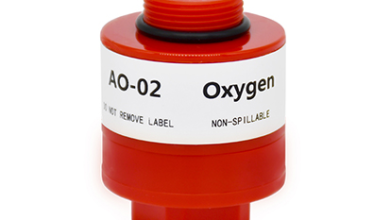
I say scores because they can vary from one bureau to another by a large amount. I usually see variances of 20-30 points, but it’s not unusual to see 60-100 point spreads from high to low. You can get a free copy once a year from AnnualCreditReport.com or the individual credit agencies.
Tighter regulations on lenders have made it not only easier to get your scores, but also to correct inaccurate information on your bureaus. You can do this yourself or pay to have it done. The field of credit repair is full of sketchy characters, so you must be careful if you decide to go that route.
No matter what route you take, it is critical that you know what your credit scores are before you go out shopping. I can’t tell you how many times I’ve had people who thought they had prime credit, only to find out that their scores were subprime. This can so dramatically affect interest rates and payments that I usually try to help my newly referred clients get their scores first before car shopping begins. And with my repeat customers, I always ask if there have been any changes to their credit since our last transaction.
What Affects Car Loan Interest Rates
The most common factors that can affect your score and the interest rate you’ll be offered include the following: any late payments or collections; any tax liens or bankruptcies; how much of your available credit you have used; and how much credit history you have. Also possibly affecting the interest rates you’ll be given is your debt-to-income (DTI) ratio. Finally, some lenders care about the amount of down payment and the year of the vehicle. I’m only going to cover these factors in brief here, as there are great online resources that go into much more detail.
Collection Accounts
None of us like collection agencies. Especially when they track you down five years after you’ve moved, to tell you about some bill you don’t remember getting in the first place that you now owe penalties and interest on! But it happens, especially with medical bills. If some old $50 unpaid collecting is on your bureau reports, take care of it no matter how exasperating it may be. Right and wrong don’t enter into this, only getting the best loan terms possible. Unpaid collections make getting a decent rate on a car loan nigh on impossible.
Bankruptcies And Foreclosures
Neither bankruptcies nor foreclosures are the kiss of death they used to be, especially after the economic and housing crisis. But a bankruptcy must be “discharged” before any lender will extend your car credit, or they risk the car loan being discharged and you never have to pay for the vehicle. Expect higher, subprime rates until three or four years after a bankruptcy or foreclosure.
Percentage Of Credit Available
This is a funny one: Lenders don’t want you to have a bunch of credit cards and lines of credit that have no loan balances on them and are completely available for you to use. They worry that you’ll suddenly max them out due to a job loss or something similar, and become unable to make your payments. At the same time, they want you to have used some but not too much of any available credit. The rule of thumb is that they want the balances on your credit cards (and perhaps home equity loans) to be below 40 percent of the maximum.
Exploring the Vidmate old version offers a familiar interface, ideal for seasoned users. The classic layout allows effortless navigation, enhancing user experience. Its simplicity ensures efficient access to desired features, preserving the charm of the original version. Navigating through the classic interface brings nostalgic delight to veteran users, fostering a seamless and comfortable browsing experience. The straightforward design and familiar features make the old version a preferred choice for many users, offering a reliable and user-friendly platform for accessing multimedia content.





